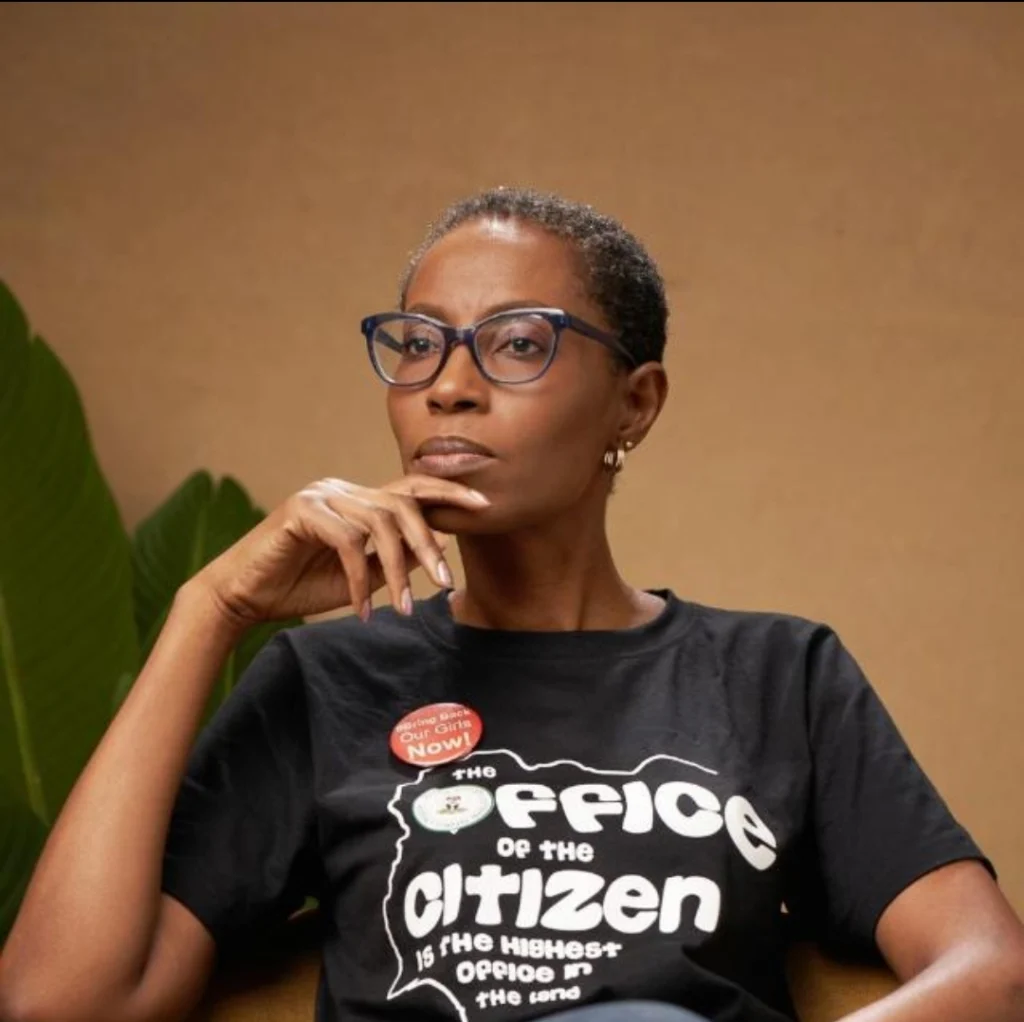Opeyemi Adamolekun, Executive Director of ‘Enough is Enough Nigeria’ (EIE), has stated that bribery has become woven into Nigeria’s way of life, with Nigerians viewing it as an unavoidable expense.
Her remarks come in response to the National Bureau of Statistics (NBS) report on bribery in Nigeria. The NBS revealed that Nigerian government officials received N721 billion in bribes in 2023. The report read, in part, “Overall, it is estimated that a total of roughly NGN 721 billion (US$1.26 billion) was paid in cash bribes to public officials in Nigeria in 2023, corresponding to 0.35% of the entire Gross Domestic Product of Nigeria.”
Bribery, described as a systemic and widespread issue, pervades many sectors, including institutions in Nigeria.

Adamolekun, when asked about the factors contributing to corruption in Nigerian institutions, bluntly remarked that Nigerians exhibit a lack of shame. She emphasised the urgent need for accountability, noting the absence of consequences for misconduct. This lack of accountability shapes the mindset of Nigerians, who perceive little reward for ethical conduct. She highlighted how certain bureaucratic setups inadvertently facilitate corrupt practices.
Discussing the prevalent reasons why Nigerians resort to bribery and corruption, Adamolekun identified convenience as a critical factor. She pointed out that Nigerians, driven by a desire for ease and efficiency, have become conditioned to seek shortcuts, often involving bribery. She also cited the lack of accountability as another fundamental cause.
In terms of strategies to combat bribery and corruption, particularly among government officials, Adamolekun stressed the importance of Nigerians recognising their worth and demanding better governance. She identified the most challenging aspect as educating Nigerians about their power, beyond just participating in elections, to hold leaders accountable and drive change. This urgent need for change in Nigeria’s governance is a call to action for all citizens.
She concluded by saying that evil is amplified when good chooses to be silent.


